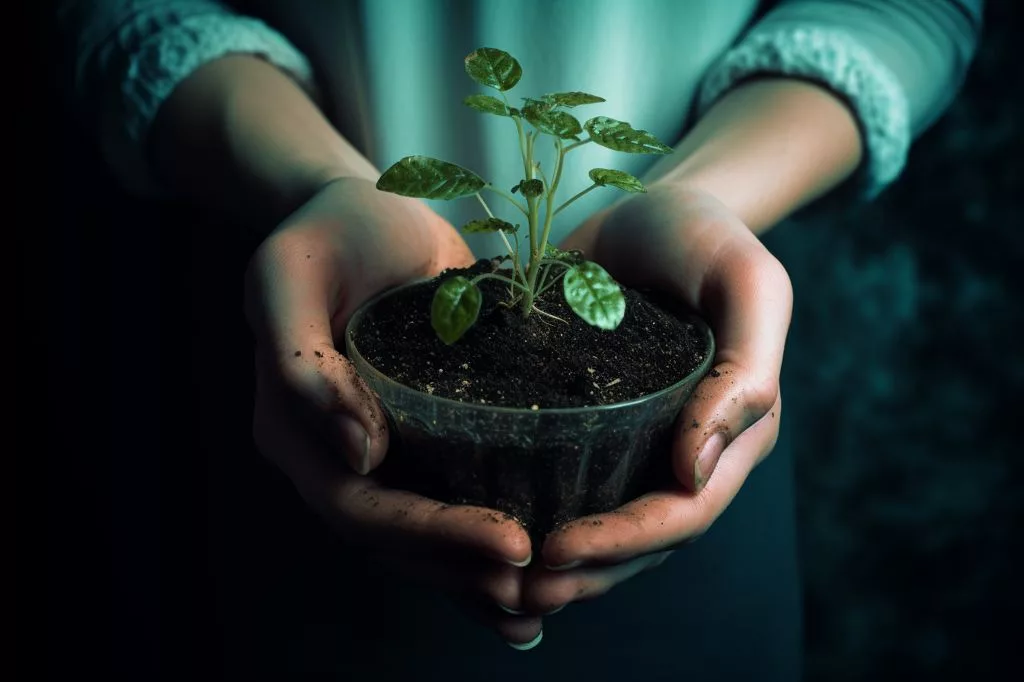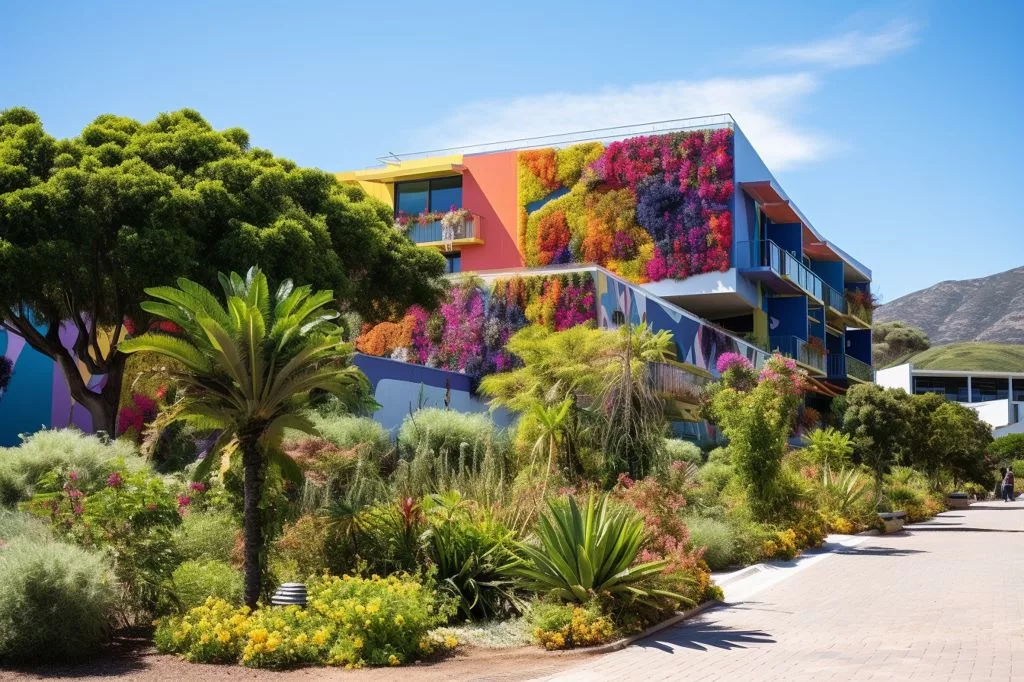The Free State Department of Economic, Small Business, Tourism, and Environmental Affairs has teamed up with Coca-Cola Beverages South Africa to empower small businesses in townships. The Bizniz in a Box program provides infrastructure and equipment assistance to 50 SMMEs, with a focus on women and young entrepreneurs. The goal is to unlock the untapped potential of township enterprises and set them on a growth trajectory towards an inclusive and prosperous future while bridging the gap between township and mainstream economic activities.
How is the Free State Department of Economic, Small Business, Tourism and Environmental Affairs empowering township-owned SMMEs?
The department has partnered with Coca-Cola Beverages South Africa to launch the Bizniz in a Box program, providing infrastructure and equipment assistance to 50 SMMEs, particularly women and young entrepreneurs. They have also adopted the Housing Consumer Protection Bill to transform the township economy and bridge the gap between township and mainstream economic activities. The goal is to unlock the untapped potential of township enterprises and set them on a growth trajectory towards an inclusive and prosperous future.
Partnering to Empower Township SMMEs
The Free State Department of Economic, Small Business, Tourism and Environmental Affairs (DESTEA) has joined forces with Coca-Cola Beverages South Africa (CCBSA) to strengthen township-based small, micro, and medium enterprises (SMMEs). This collaboration is a critical aspect of their economic inclusion initiatives, aimed at reducing poverty and generating employment opportunities for those who face difficulties in finding jobs in mainstream sectors. In doing so, they contribute to South Africa’s overall economic development.
A central initiative of the partnership is the Bizniz in a Box (BiB) programme, which seeks to empower SMMEs, particularly women and young entrepreneurs in host communities. CCBSA Public Affairs, Communications and Sustainability Manager, Pinky Lebitso, underscores the significance of working together with the provincial government to tackle youth unemployment and co-create lasting solutions for empowerment.
Through their combined efforts, CCBSA and DESTEA have identified 50 SMMEs in the Free State, offering them support through the BiB programme. This support encompasses infrastructure, such as containers and mobile kitchens, as well as equipment to help businesses expand. To date, the programme has supported 62 SMMEs and provided training to 560 businesses.
Infrastructure and Training Support in Intabazwe Township
In Intabazwe township, 27 entrepreneurs have been given business equipment, infrastructure upgrades, and training. Furthermore, they will receive business development assistance to ensure their ventures grow and remain sustainable.
Tackling poverty and unemployment in the province necessitates the creation of comprehensive policies to enhance the conditions under which township businesses operate. DESTEA is collaborating with the Free State Parliament to adopt the Housing Consumer Protection Bill, an effort intended to transform the township economy and close the gap between it and mainstream economic activities.
The Housing Consumer Protection Bill focuses on the problem of illegal goods being sold in townships, addressing community concerns regarding unlawful production, distribution, and exchange within the province. As part of this strategy, the Department’s Consumer Protection Unit will inspect and take action against the sale of expired goods.
Bridging the Gap between Township and Mainstream Economies
MEC Thabo Meeko points out that the support provided is only one of numerous initiatives aimed at enabling township-owned SMMEs to flourish. The Department recognizes the spatial disconnect between townships and mainstream economic activities and is committed to bridging the gap aggressively. These efforts are part of a larger plan to reintegrate citizens into the economic sector, unlocking the untapped potential of township enterprises, and setting them on a growth trajectory.
The alliance between CCBSA and DESTEA demonstrates the importance of collaboration and strategic planning in tackling the complex issues of poverty, unemployment, and economic development in South Africa. By investing in township-owned SMMEs, they create opportunities for economic growth, job creation, and empowerment for the community’s most vulnerable members. As more programs and partnerships develop, the potential for lasting change and progress within the township economy is promising.
Aiming for an Inclusive and Prosperous Future
In conclusion, the partnership between CCBSA and DESTEA serves as a vital foundation for supporting the growth and sustainability of township-owned SMMEs. Through their comprehensive efforts, including the BiB programme, infrastructure and equipment assistance, and policy creation, they empower entrepreneurs and contribute to the overall socioeconomic development of South Africa’s townships. Collectively, these initiatives lay the groundwork for an inclusive and prosperous future for all citizens.
1. What is the Bizniz in a Box program?
The Bizniz in a Box program is a joint initiative by the Free State Department of Economic, Small Business, Tourism, and Environmental Affairs and Coca-Cola Beverages South Africa to empower small businesses in townships. The program provides infrastructure and equipment assistance to 50 SMMEs, with a focus on women and young entrepreneurs.
2. Who is the Bizniz in a Box program aimed at?
The Bizniz in a Box program is primarily aimed at women and young entrepreneurs who own small businesses in townships.
3. How many SMMEs has the Bizniz in a Box program supported so far?
The Bizniz in a Box program has supported 62 SMMEs so far.
4. What support does the Bizniz in a Box program provide to SMMEs?
The Bizniz in a Box program provides infrastructure, such as containers and mobile kitchens, as well as equipment to help businesses expand. Additionally, the program provides training to businesses.
5. What is the Housing Consumer Protection Bill?
The Housing Consumer Protection Bill is a policy being adopted by the Free State Department of Economic, Small Business, Tourism, and Environmental Affairs and the Free State Parliament to transform the township economy and close the gap between it and mainstream economic activities. The focus of the bill is to address the problem of illegal goods being sold in townships.
6. How is the Housing Consumer Protection Bill addressing the problem of illegal goods being sold in townships?
As part of the Housing Consumer Protection Bill strategy, the Department’s Consumer Protection Unit will inspect and take action against the sale of expired goods in townships.
7. What is the goal of the joint initiative between the Free State Department of Economic, Small Business, Tourism, and Environmental Affairs and Coca-Cola Beverages South Africa?
The goal of the joint initiative between the Free State Department of Economic, Small Business, Tourism, and Environmental Affairs and Coca-Cola Beverages South Africa is to unlock the untapped potential of township enterprises and set them on a growth trajectory towards an inclusive and prosperous future while bridging the gap between township and mainstream economic activities.
8. Why is the partnership between CCBSA and DESTEA important?
The partnership between CCBSA and DESTEA is important because it invests in township-owned SMMEs, creating opportunities for economic growth, job creation, and empowerment for the community’s most vulnerable members. Additionally, it demonstrates the importance of collaboration and strategic planning in tackling the complex issues of poverty, unemployment, and economic development in South Africa.








